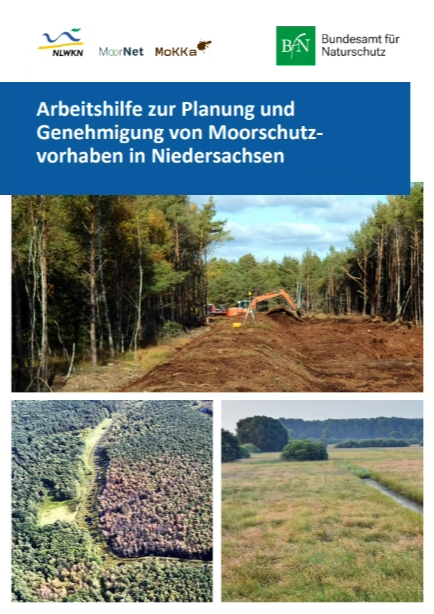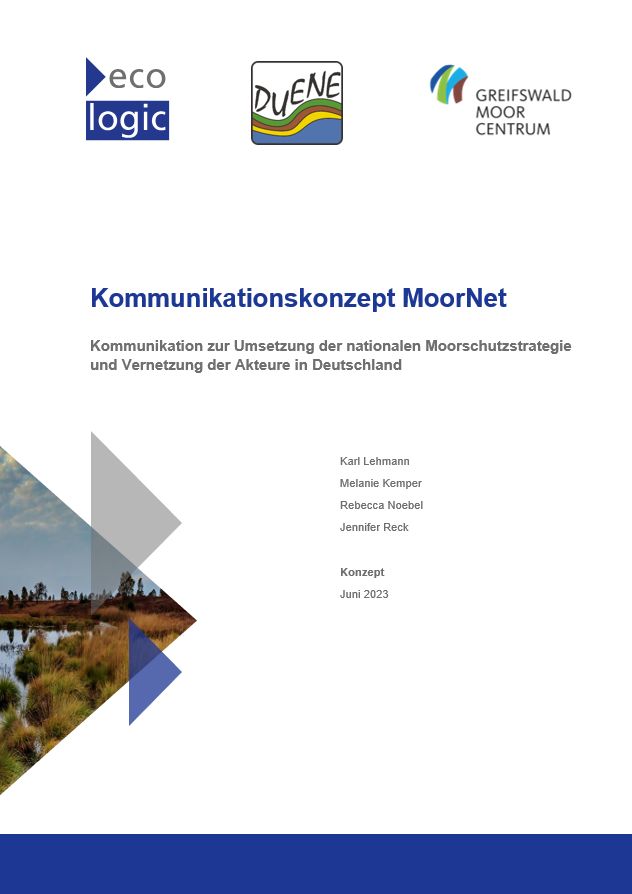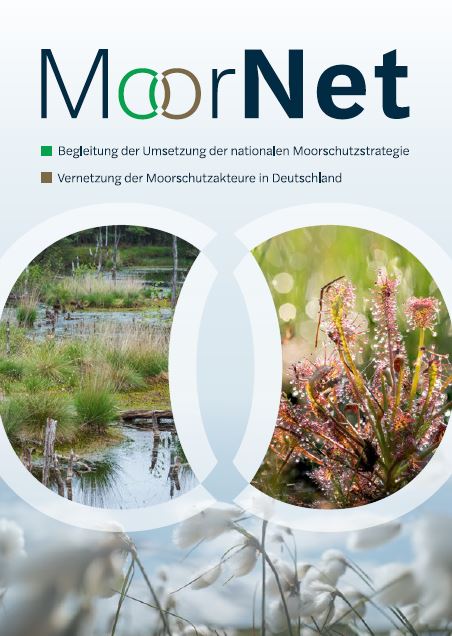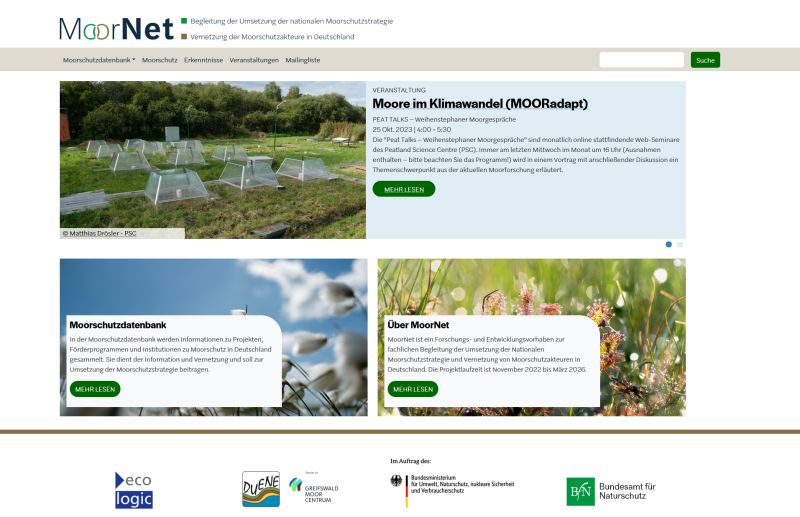© Sandra Naumann
Implementation of the National Peatland Protection Strategy (MoorNet)
- Project
- Duration
-
-
Peatlands are ecosystems for a variety of specialised plant and animal species and serve as important natural carbon reservoirs. They also have a regulating effect on the water and nutrient balance and a cooling evaporation effect, which is important for the local and regional climate. In the meantime, around 92 % of the original peatland areas have been drained, largely peated, cultivated and used for agriculture or forestry. In addition to the protection of still intact peatlands, the restoration and sustainable management of previously drained peatland soils are therefore important contributions for protecting biodiversity and the mitigation of climate change.
The German government therefore adopted the first National Peatland Protection Strategy in November 2022. The main objectives of this strategy are the protection of still intact peatlands and the restoration and sustainable use of previously drained peatland soils, taking into account the interests of the local population, landowners and those who manage these areas. Implementing the necessary transformation of peatland management is a social task that requires great effort, comprehensive cooperation and intensive research, education and public relations work.
Together with DUENE e.V., partner in Greifswald Moor Centrum, Ecologic Institute supports the implementation of the National Peatland Protection Strategy with the following project activities:
- Design and development of a project and programme database and comprehensive identification of various projects and actors in the field of peatland protection
- Creation of a research portal for the implementation of the National Peatland Protection Strategy
- Planning and implementation of targeted communication products to address different actors, sectors, levels of action and projects
- Planning and implementation of different event formats, e.g. status colloquia and topic-related workshops
- Technical support of the project
The Ecologic Institute team is responsible for the overall coordination of the project. In addition, it leads the work packages on web design, communication and events. The client of the project is the Federal Agency for Nature Conservation (BfN).







